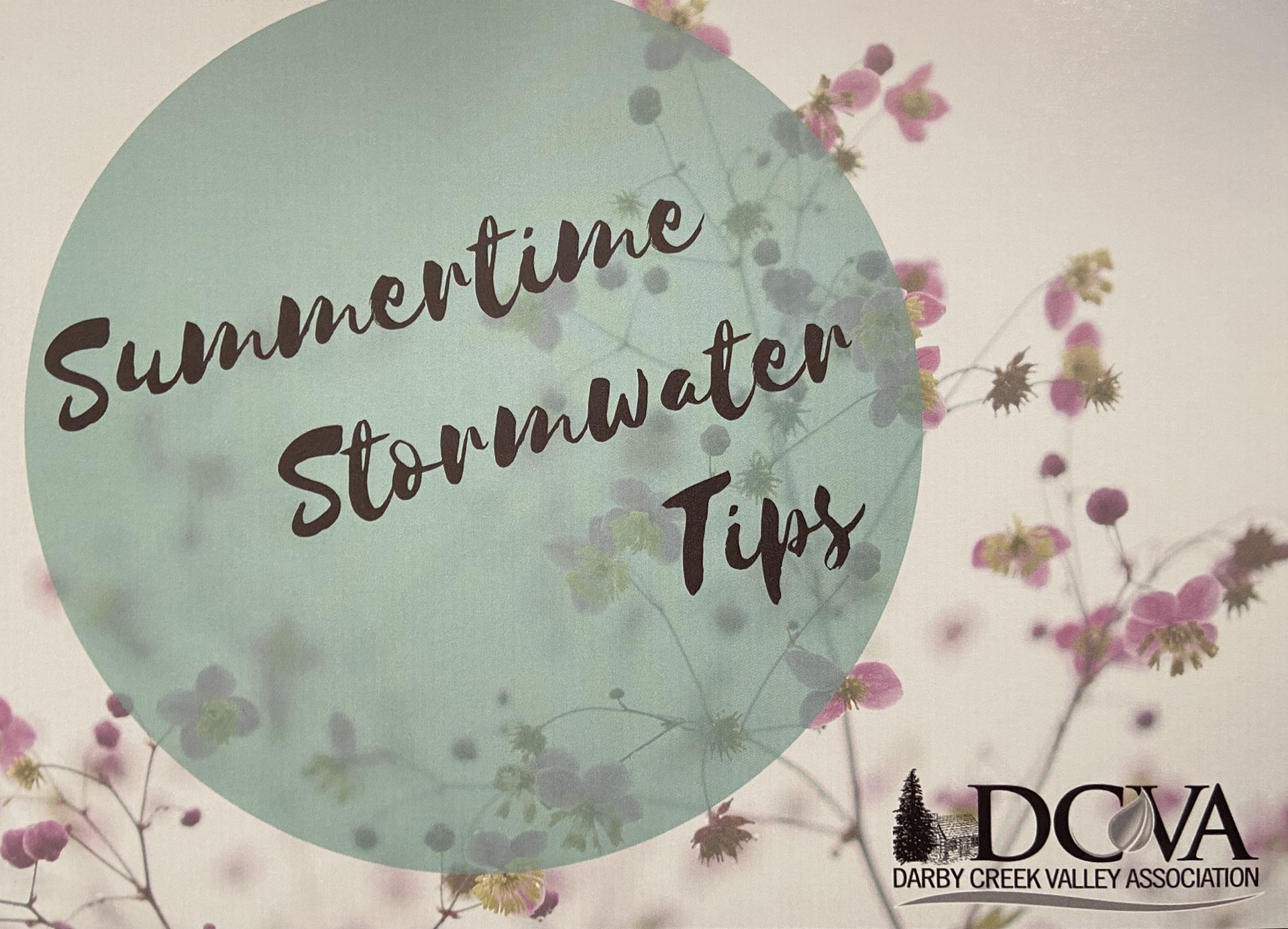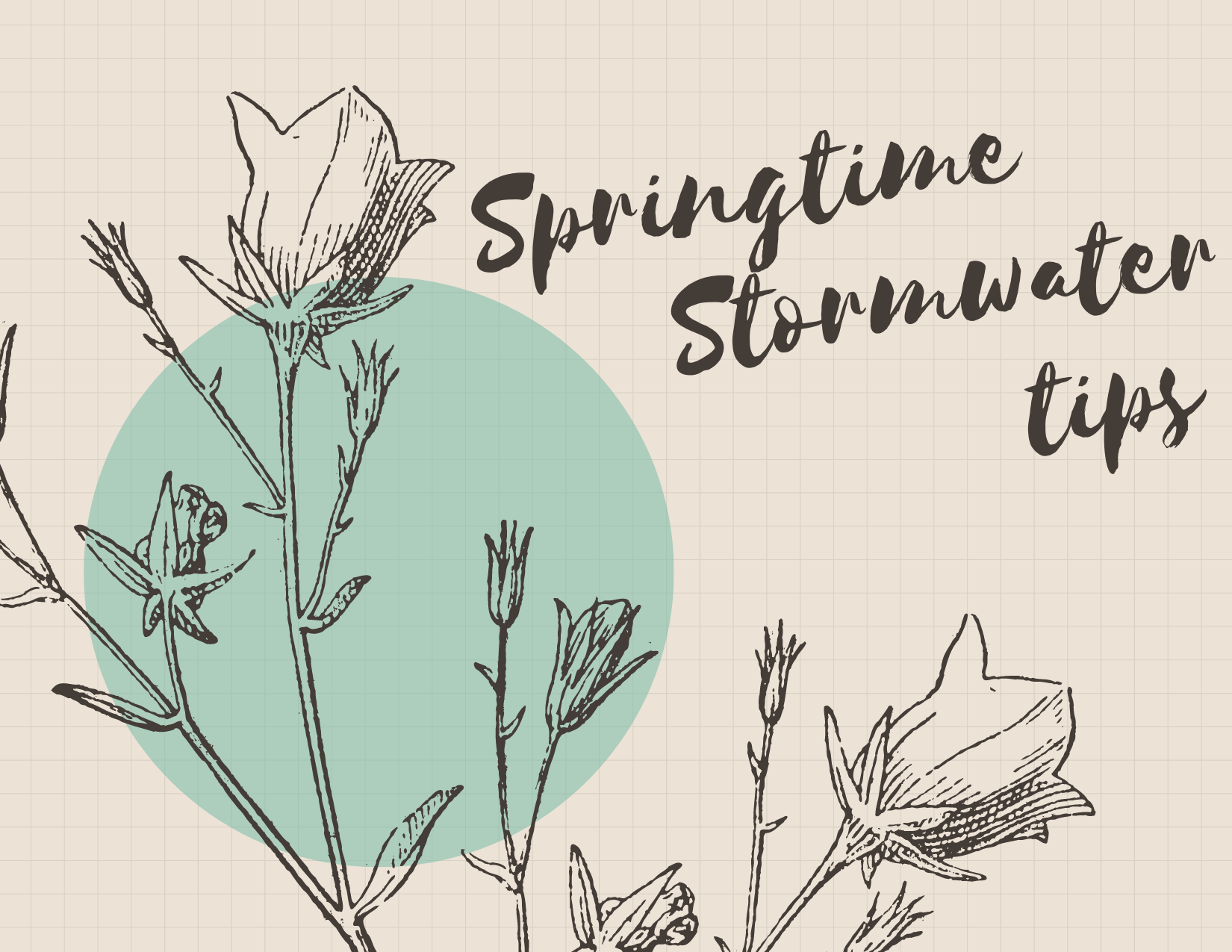%20orginal.jpg)
> Penn State Extension: Don't Over Fertilize Your Lawn This Spring > Purdue University: Your perfect lawn could be killing pollinators July: Raise mower height to 3 inches. Taller grass grows deeper roots making it more drought resistant and able to capture more rain water. > Chesapeake Conservation Landscaping Council: The Case for High Mowing August: Mulch grass clippings back into your lawn for a natural fertilizer. Sweep up any excess clippings to ensure they do not wash into storm drains and pollute waterways with excess nitrogen. > Virginia Cooperative Extension: Improper Mowing of Lawns Can Impact Water Quality
> Penn State Extension: Rain Gardens Can Help Slow the Flow > NHDES: How Do I Build a Rain Garden? April: Plant native trees and shrubs to help control excess water. > EPA: Soak Up the Rain: Trees Help Reduce Runoff > Penn State Extension: The Role of Trees & Forests in Healthy Watersheds > Pennsylvania Native Trees & Shrubs - A Landscaping Guide May: Plant native plants. Native plant roots grow deeper, making them able to soak up more water and making them more drought resistant. Flowering plants also help attract pollinator birds, butterflies, and other native insects (which in turn feeds more birds). > Wildflower.org: Find Native Plants > Penn State Extension: Pennsylvania Native Plants for the Perennial Garden |

 June: Reduce chemical lawn fertilizers and pesticides; they can harm water quality in addition to bees, butterflies and other beneficial insects.
June: Reduce chemical lawn fertilizers and pesticides; they can harm water quality in addition to bees, butterflies and other beneficial insects. March: Redirect water run-off from paved areas to flow into a grassy area or
March: Redirect water run-off from paved areas to flow into a grassy area or